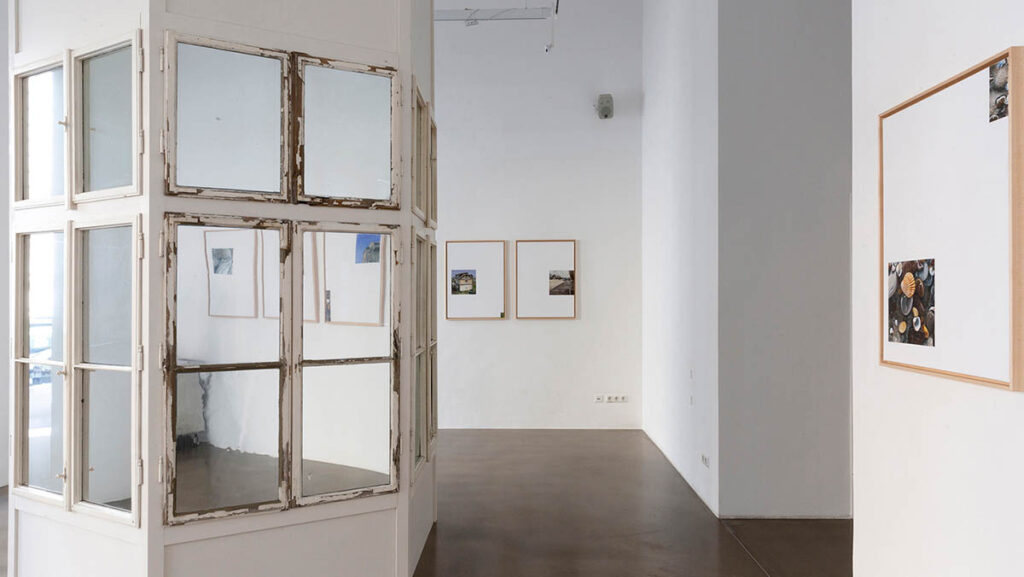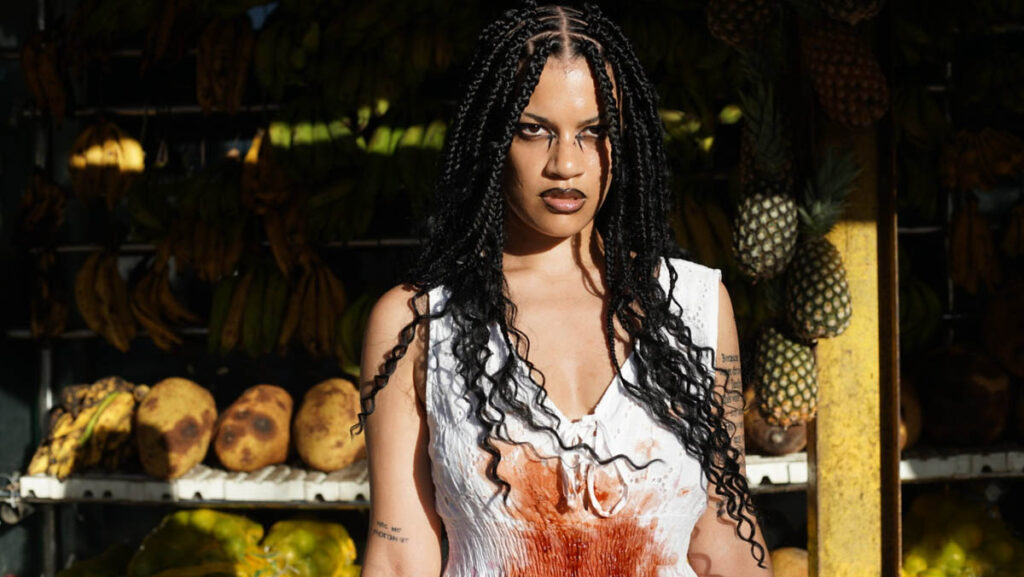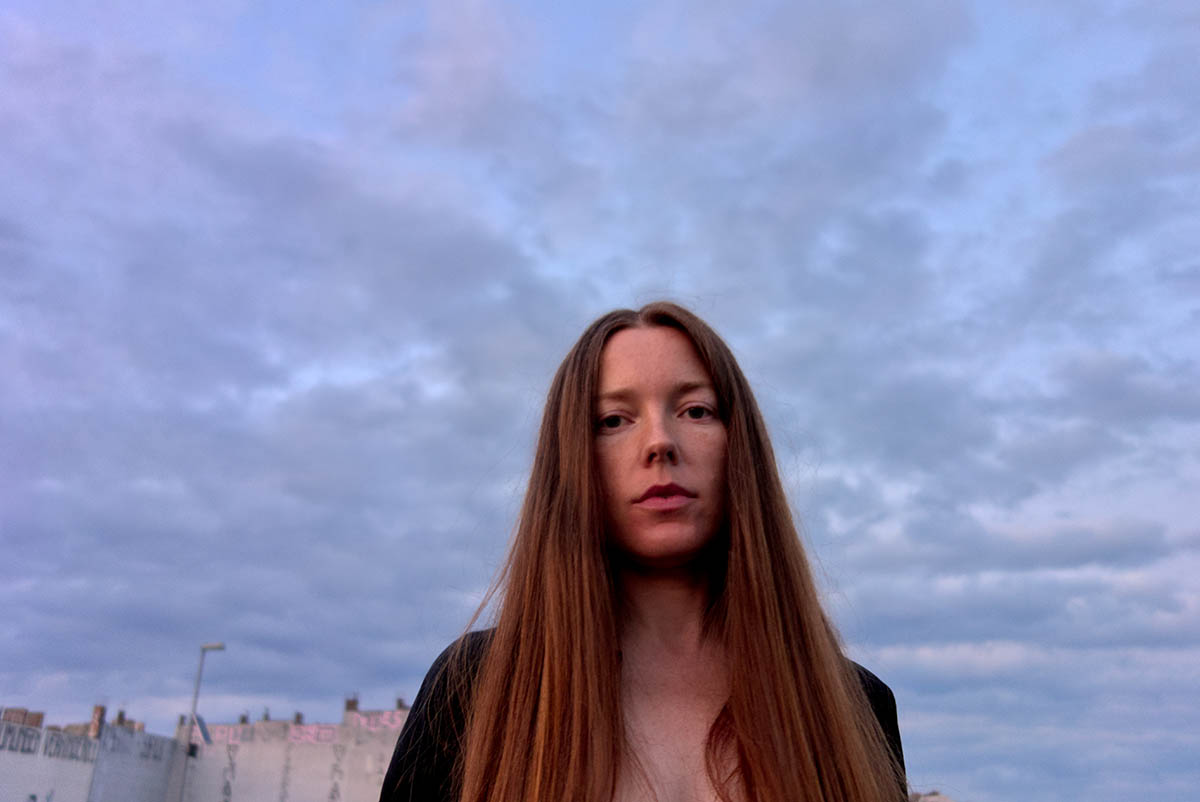
Your performance at NEXTONES 11th Edition was highly anticipated. Can you describe the concept and preparation behind this particular performance? What should we, as the public, expect from your performance and also from the festival this year? And what do you hope to convey to your audience through your music? This is a performance I’ve been presenting for a long time; my preparation is a daily practice! I’m preparing as I walk and talk, not just in the studio. The whole thing is a natural flow; I’m thankful for this! At Nextones, this very special setting gives me a stage to project the sound of my cello into the walls of the cave; it will be vibrational. I want us to be present together, twisting in sound, in friction, in a world of harmonics and rich harmony. As with everything I do, I aim to give space to myself and to everyone there to be in the moment, to connect with themselves, with each other, and with the beautiful natural environment we will be enclaved by.
How do you approach live performances? And what are some of the challenges you face when performing live, especially in unique settings like the Nextones Festival?
The setting is everything to me; I don’t have the same approach to performance in nature as I would in a club setting, especially as my music has a lot to do with space, acoustics, and energy. You have to listen to the room or environment you’re in and work with that size; the character; listening is key; the sonic response and reflection guide how I move through a live performance. I try not to think about challenges; I do the best I can to be focused and connected to what I’m doing. The technical and logistical aspects of all these places we play as touring musicians are in the hands of the promoter; I have to trust them to make things work and reserve my energy for what I’m doing instead.
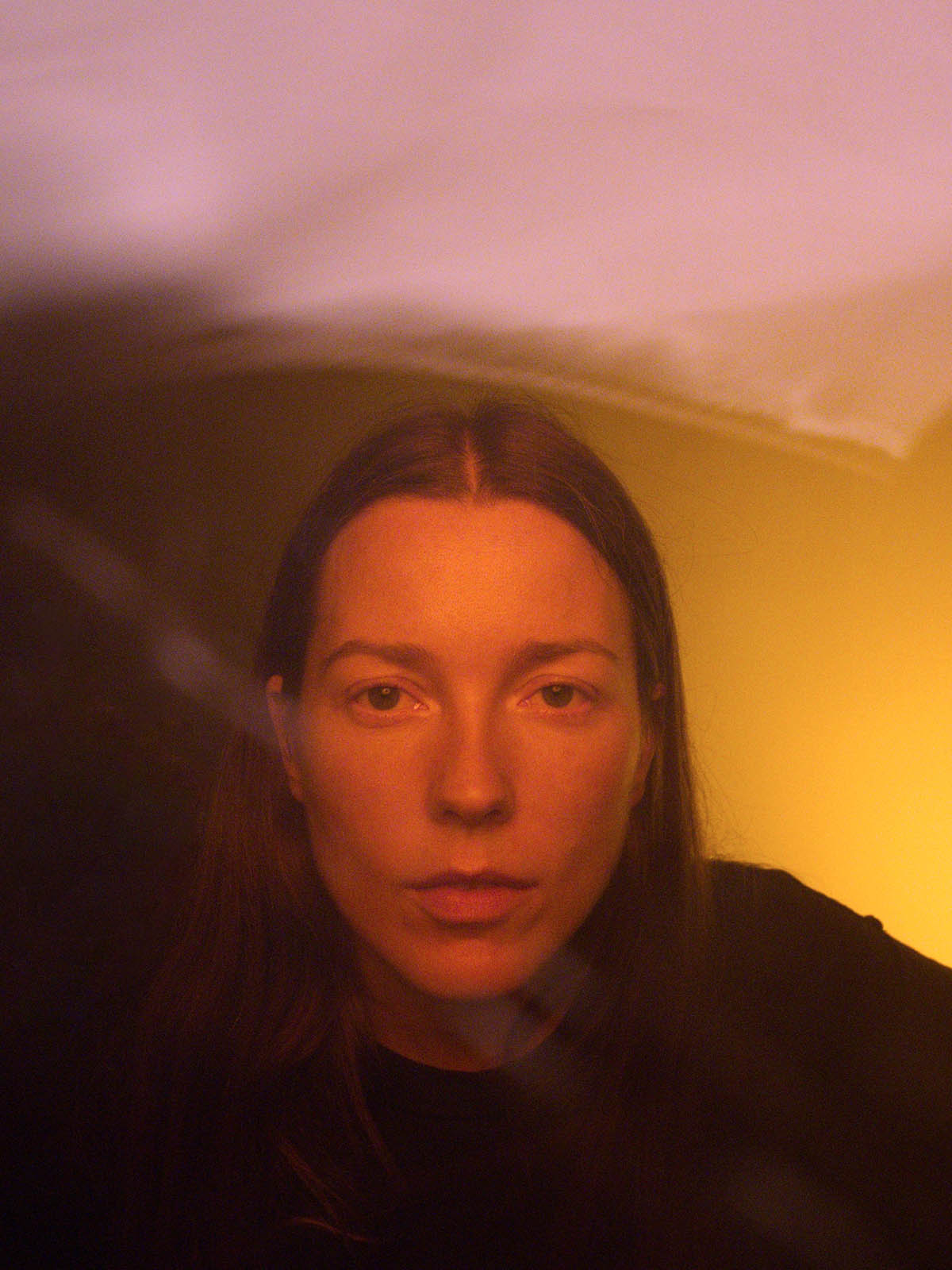
Can you discuss some of the innovative techniques or technologies you use in your performances and recordings?
Innovation isn’t something I’m striving for, but the limitations I have take me in directions that generate new ideas and methods, ones that are very particular to my way of working. I don’t like using automation, for example, in production, like using a keyboard mouse to draw ‘organic’ lines. I think because I’m an instrumentalist, first and foremost, I feel a lot more connected to manual and physical ways of making music. So in the studio, for example, if I’m adding space to my recordings with reverbs, for example, I would normally record this live using a large hardware controller (my secret). This way, I can react in real-time to what I’m hearing, opening the sound to larger or smaller spaces as I feel it. The sound then kind of bounces around in different corners of space. I can throw it where I like; it can feel like you’re running up to the sound or it’s running away from you. I feel I can only get these results when my hands are in control of the process. It has a bit of an expressive painting effect; the sound is a gesture that I spit out on the canvas. Having hardware tools outside the DAW is essential for this; it’s more choreographic, and I feel I can get more visceral results this way.
What inspired you to transition from traditional cello performances to incorporating electronic music into your work?
The cello is a great instrument, but it can’t do much more than sound like a cello. To take up the world of sound I want to live in, I had to break into the electronic field. I don’t think there was anything that inspired me to go there, but the sense that „you must make what you don’t have“ applies to me. I know what the cello’s potential is, but the potential of electronic sound is infinite. I’m hooked on that quest to discover more, so I enter that territory of exploration by transforming the cello sound source with electronic methods.
Can you tell us about your early musical influences and how they shaped your career as a cellist and electronic musician?
Yes, my whole life has been about music. Coming from a family of musicians, I grew up in a beautiful part of south-west England. I had a lot of exposure to music from around the world and improvisation, and I had been performing semi-professionally in orchestras since I was a teenager. It was a mix of this and my older brothers’ influence with breakbeat and techno in the 90s, MTV!, and computer game soundtracks that combined as my eclectic interests. When I hit my 20s, all of it became a part of the music I wanted to make; it was my make-up already, so my own voice spoke of all these elements.
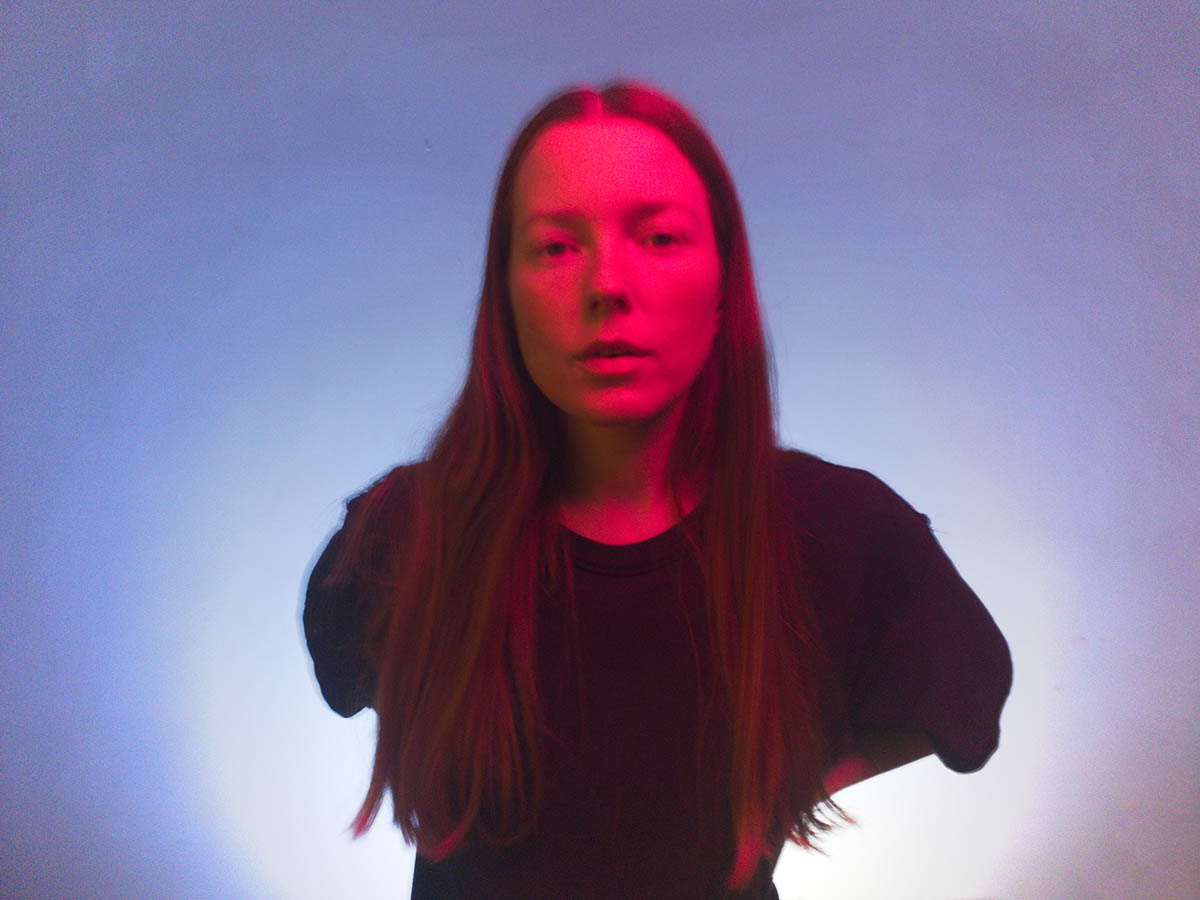
Your work spans sound, dance, film, and installation. How do you navigate and integrate these different forms of expression in your projects?
I’m lucky I’ve been involved in and invited to many projects outside music, which have taken me outside my comfort zone, but this zone is also somewhere that has felt like a home for me, this space of great learning and sharing; it’s a place where you need to listen harder because you don’t necessarily share the same creative language. I enjoy trying to decode sometimes very abstract ideas and working with concepts that are new to me. It’s rewarding to be the musician who brings sound to an image, a dance, or an installation. You have to implant yourself in a different structure, and that can be liberating, to find a place in a new mold. I don’t have a particular way of navigating through these different forms, but I have a lot of fun working out how to navigate each person I work with, understand what it is they are looking for, and learn a new tempo and way of working. I think I have a lot of patience for this because its work I really value. It’s so important to take time to see the full picture clearly or to give yourself into trusting others so you can find your way together.
As a curator, what are some of the most exciting projects you have worked on, and how do you approach the curation process?
When I was programming/curating, I was always led by instinct and not by trend. I can’t put time and energy into projects that don’t excite me. This has meant my history in that field has been incredibly rewarding and fun. With my festival, the London Contemporary Music Festival, which I founded in 2013 with three others, some highlights were Pauline Oliveros, Glenn Branca, Ellen Fullman, Noh Theatre, and Maggie Nichols! But with Kammer Klang, my series that started at Cafe Oto in London in 2008, the most exciting outcome of that work was producing a revival performance of Maryanne Amacher’s GLIA for 7 instruments and electronics in partnership with Bill Dietz and now the Maryanne Amacher Foundation. We’ve been presenting this show for a few years, and every time it’s a transformative and powerful experience for everyone involved. Ultimately, this is what I aim for when I’m curating—something strong and unforgettable—and GLIA is that, and it keeps going.
You have worked with a diverse range of artists across different mediums. Can you share some insights into how these collaborations have influenced your music and creative process?
Where to begin? I’m going to pick two collaborations, one of my earliest and one of my most recent. The first is Akram Khan, the English/Bangladeshi contemporary dancer. I joined his company for an international tour between the ages of 22 and 24. It was a group of musicians from India, Pakistan, and Japan. The big learning with this show had to do with shaping sound in response to bodies and movement. I had the immense pleasure of watching and listening to these artists for many years and developing a practice of acute listening and observation, focusing on the minute details of the body, gestures, and phrasing. It was semi-improvised, and every night was an explosion of discovery, reaching deeper into our abilities to perceive each other and support each other.
Then one of my newest collaborations is with Kali Malone and Stephen O’Malley. Working with them has taken me into a creative space that connects me to a deep, somatic experience with the materiality of sound. With these two musicians, I’ve spent hours and days submerged in rich, vibrational sound, traveled to beautiful places, and had great experiences. Making music collaboratively is about both material experience (the sound, the live experience) and the off-stage connections we make, the people we discover, and what we learn from each other. Every time we start a new collaboration, there is a chance to gain new perspectives on your music or art. This pushes us to challenge the norms we have become accustomed to, especially working in their genres and disciplines. Collaborating is all about switching perspectives, like all good relationships!
What advice would you give to emerging musicians and artists who are looking to explore and innovate within their own practices?
I think it’s important to make sure technology and the quest for innovation don’t disconnect you from your authentic self and your expression. I think progressive techniques should serve authentic goals; they should help you dig deep into yourself rather than create illusions or projections of what you want to be.
THE 11th EDITION OF NEXTONES
July 18 – 21, 2024
Tones Teatro Natura, Oira(VB)
The whole program you can find here: www.nextones.eu
Lucy Railton – www.lucyrailton.com, www.instagram.com/lucyrailton
Lucy Railton is a British cellist, electronic musician, and curator working internationally in sound, dance, film, and installation since 2007.
Nextones is an international festival of music, audiovisual arts, and research. Taking place in the evocative area of the Ossola Valley, its cornerstone is Tones Teatro Natura, a major environmental redevelopment project by Tones on the Stones that transformed a disused quarry into a theater immersed in nature. Since its first edition, the festival has combined an international music proposal and site-specific performances with a series of activities devoted to the discovery of the natural landscape of the Ossola Valley and the interaction between artists, the public, and the territory, including hikes in the Uriezzo Gorge, talks, screenings, deep listening workshops, sound meditations and artistic residencies. Over the years, the stage at Tones Teatro Natura featured performances by the likes of Nicolas Jaar, Nina Kraviz, Richie Hawtin, Squarepusher, and VTSS. www.nextones.eu, www.instagram.com/nextones
Tones Teatro Natura is the new major project of Tones on the Stones, which, through environmental redevelopment, transforms a disused quarry into a theater immersed in nature. It is a space dedicated not only to live performances but also to the care and well-being of people and the enhancement of environmental heritage. An open gateway to the world to promote the exchange of ideas, projects, and inclusive and courageous visions. The Tones on the Stones Foundation has always been committed to the environmental, social, and economic sustainability of events at Tones Teatro Natura, involving the community and the territory. Since 2020, it has obtained certification for „sustainable event management“ according to the international standard ISO 20121. www.tonesteatronatura.com, www.instagram.com/tonesteatronatura
Threes Productions is a creative agency committed to cultural sustainability, developing and promoting experimental projects in music and art with an ecological approach. It is a multidisciplinary platform driven by research and innovation, whose activities range from event production and curation to the publication of music and editorial content.
www.threesproductions.com, www.instagram.com/threesproductions




